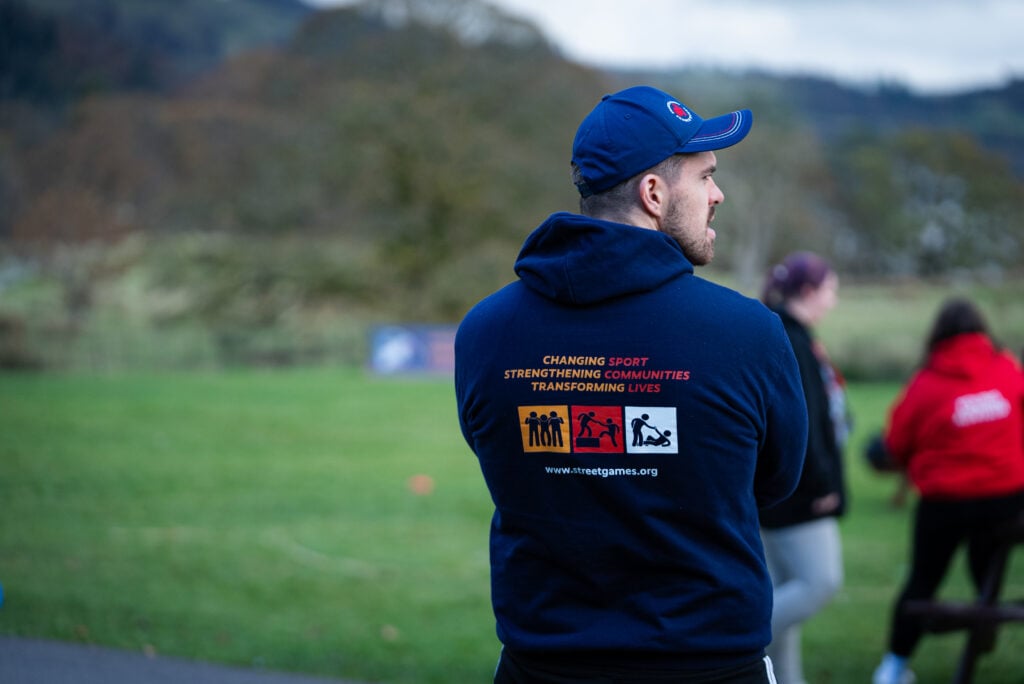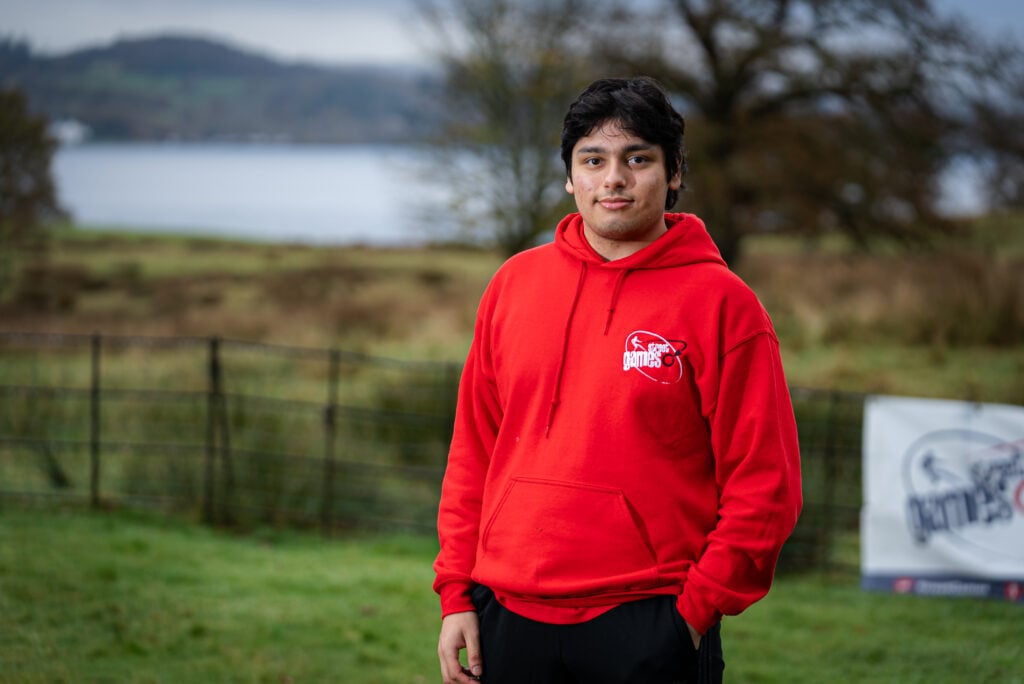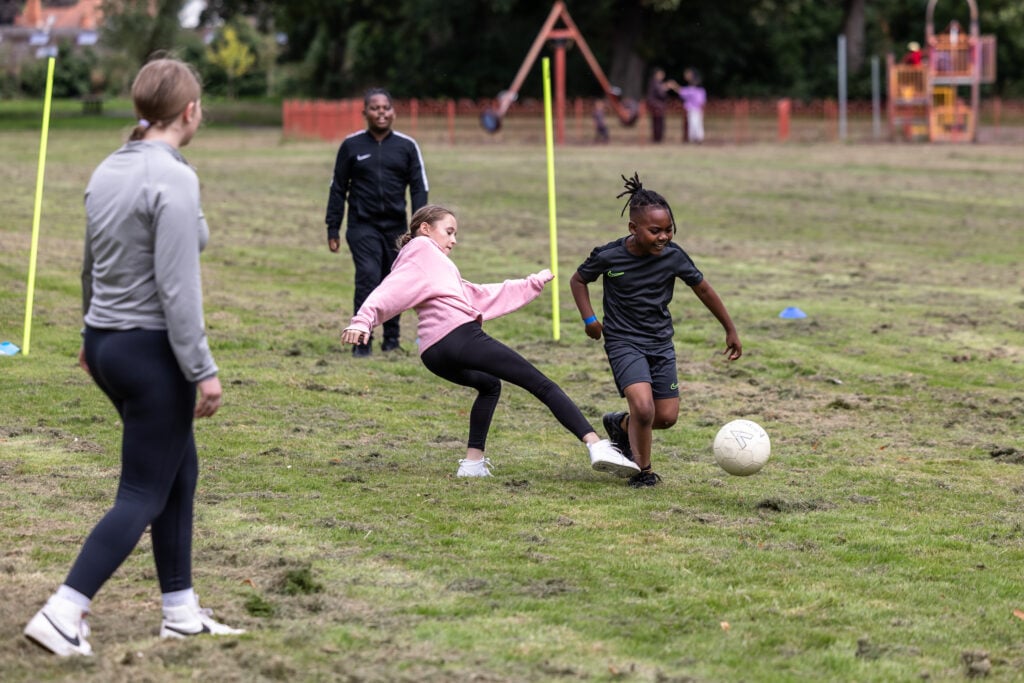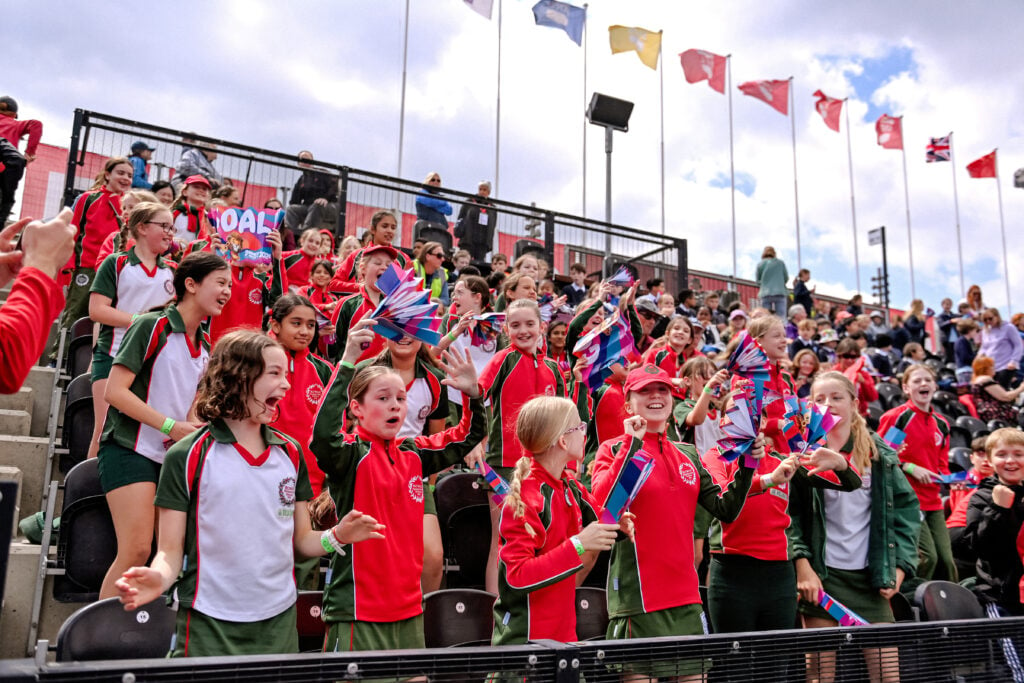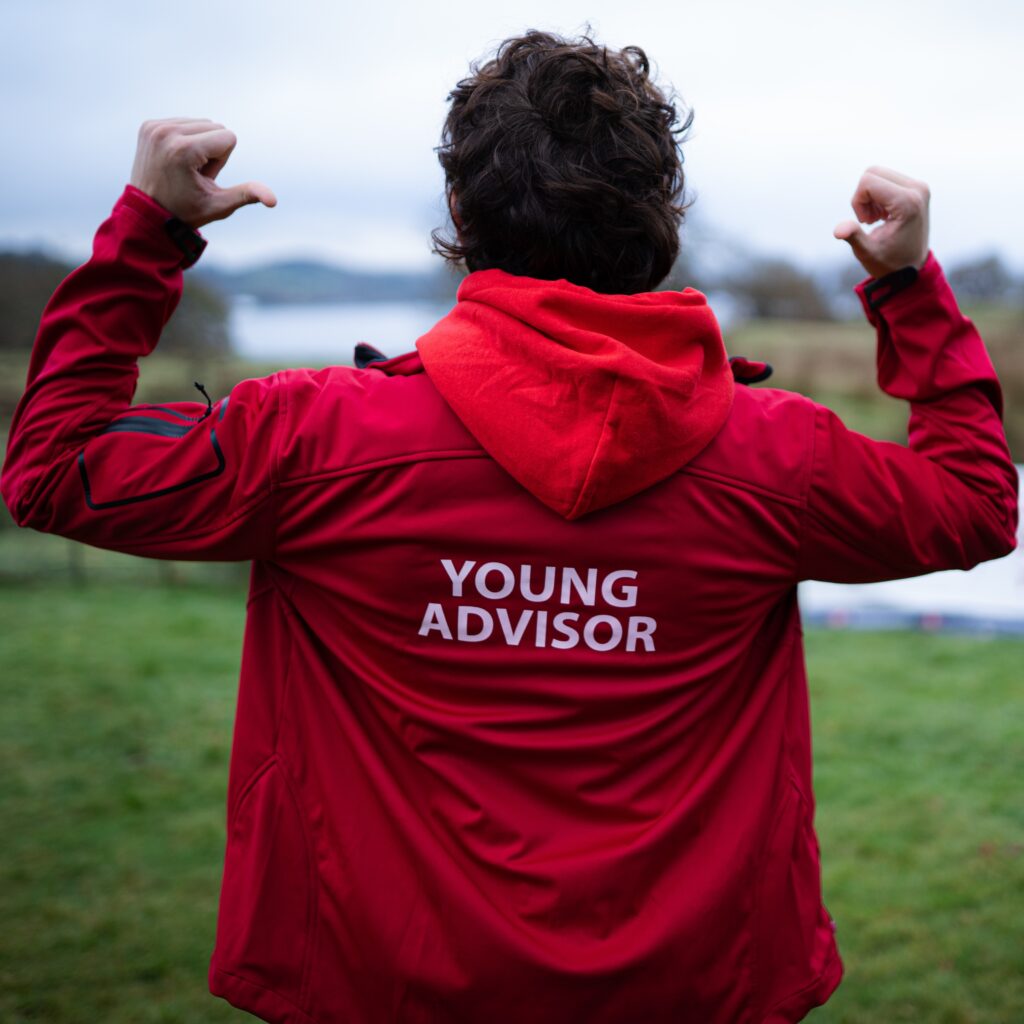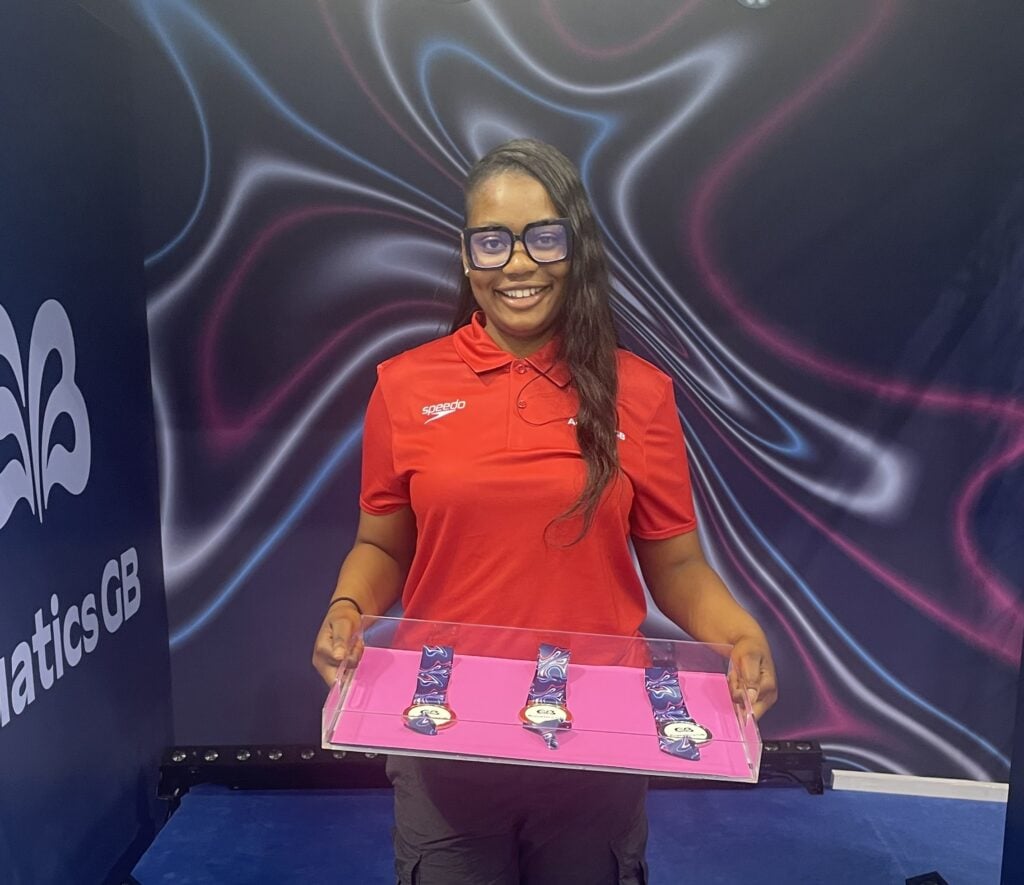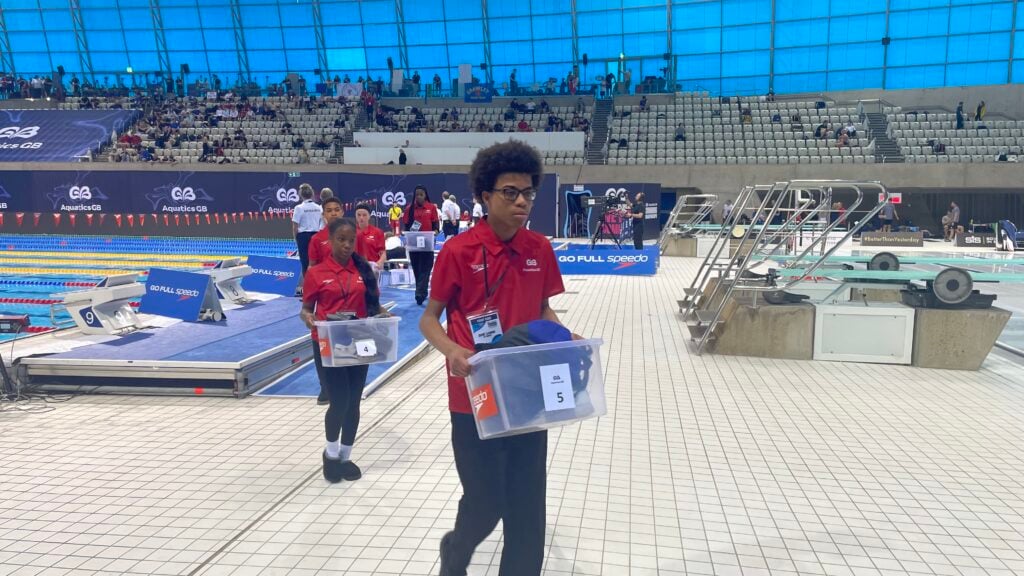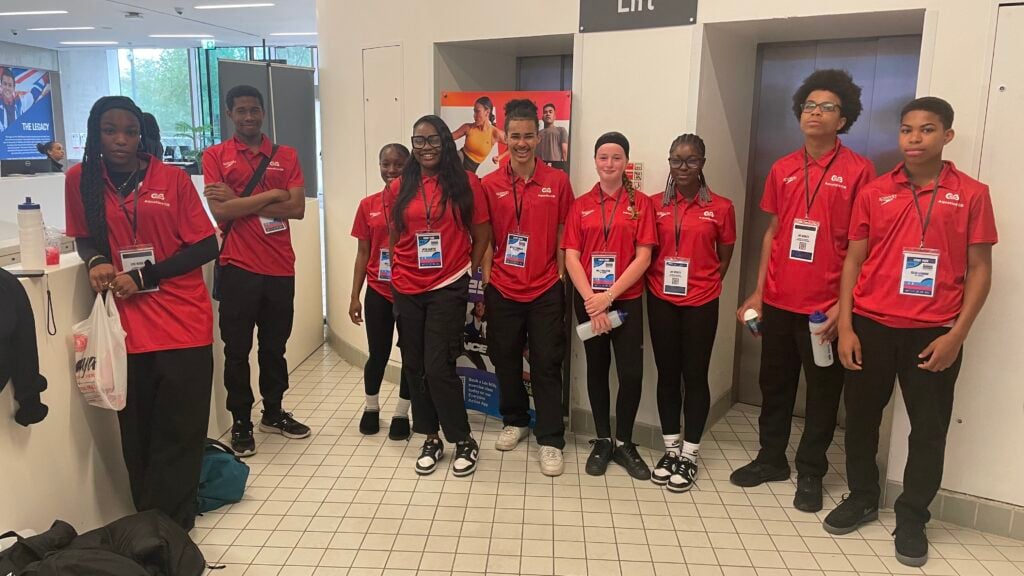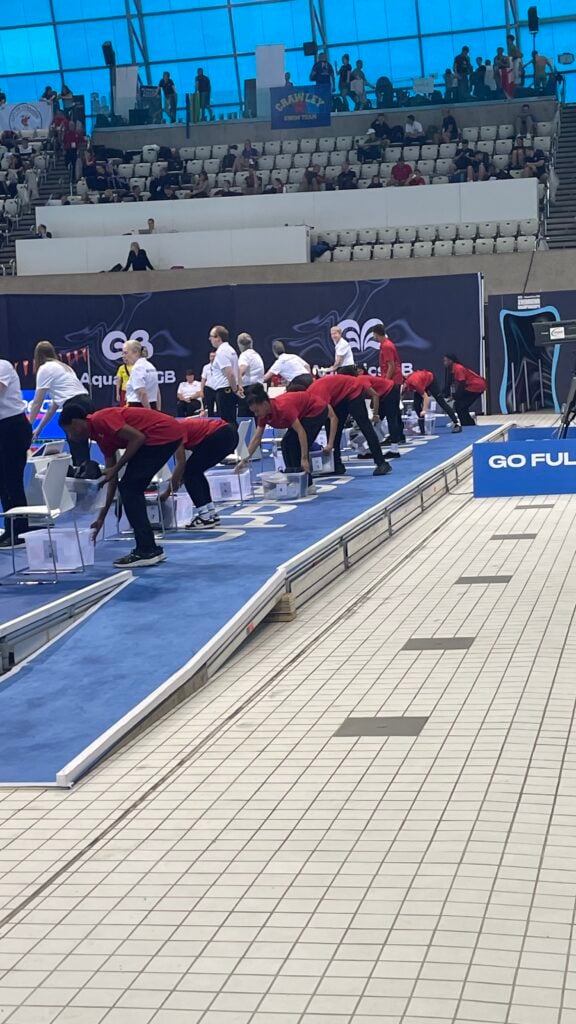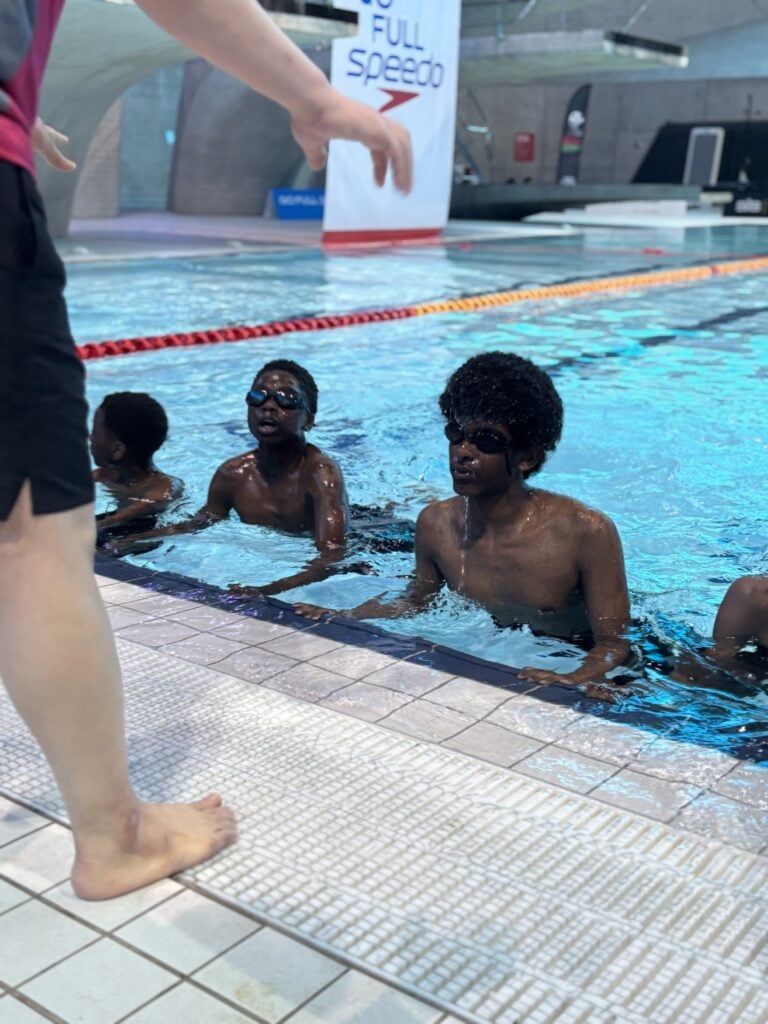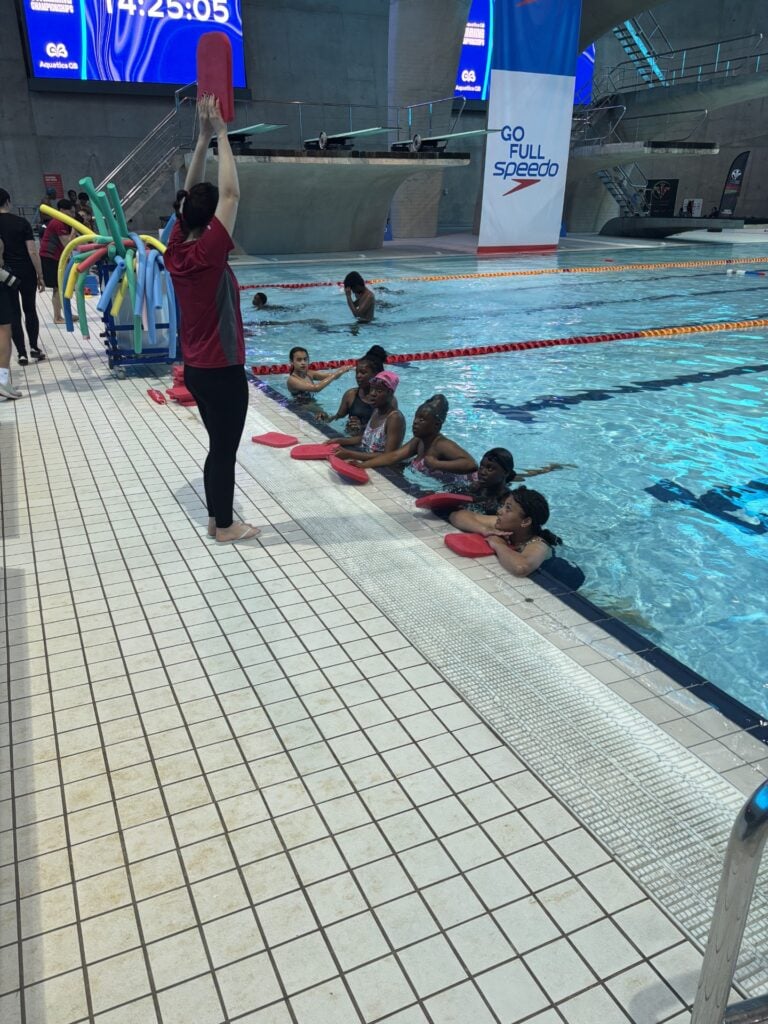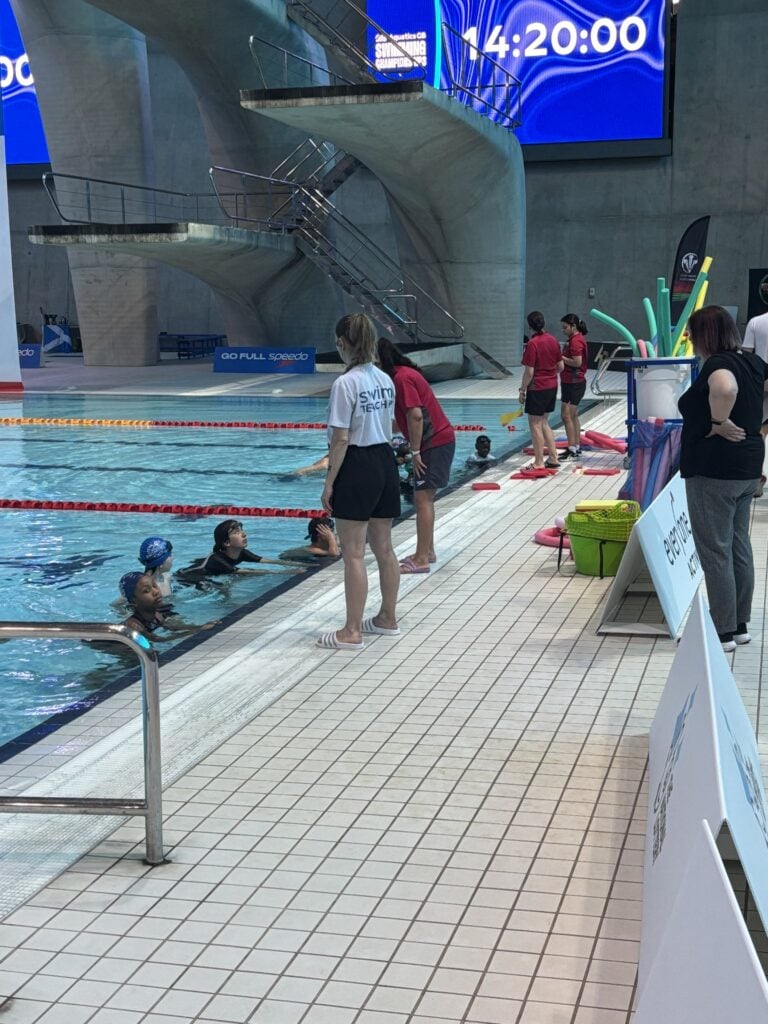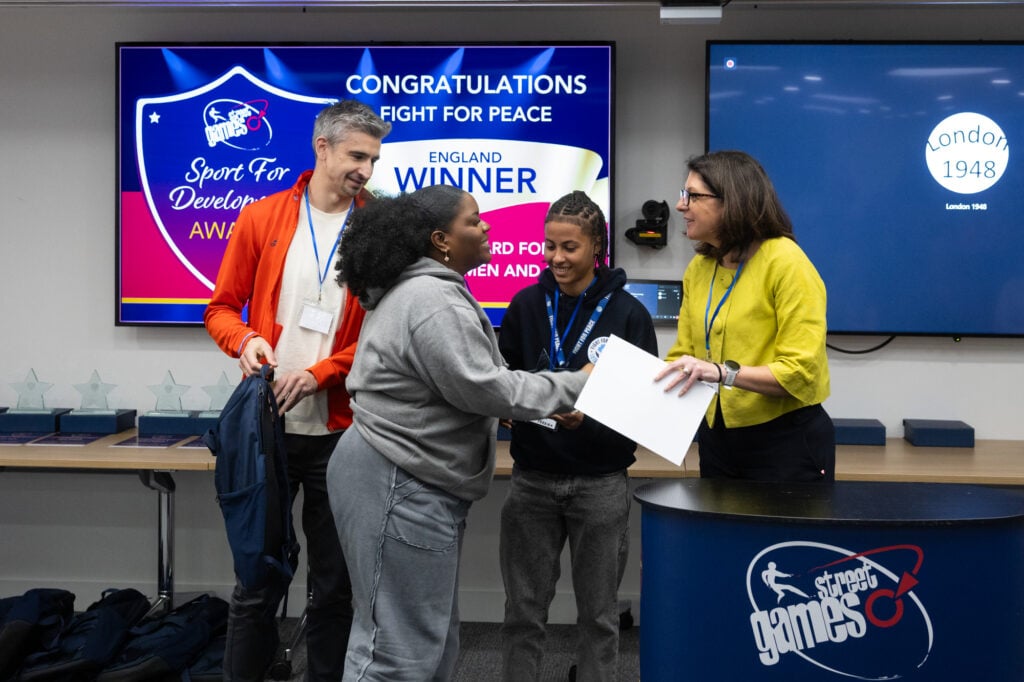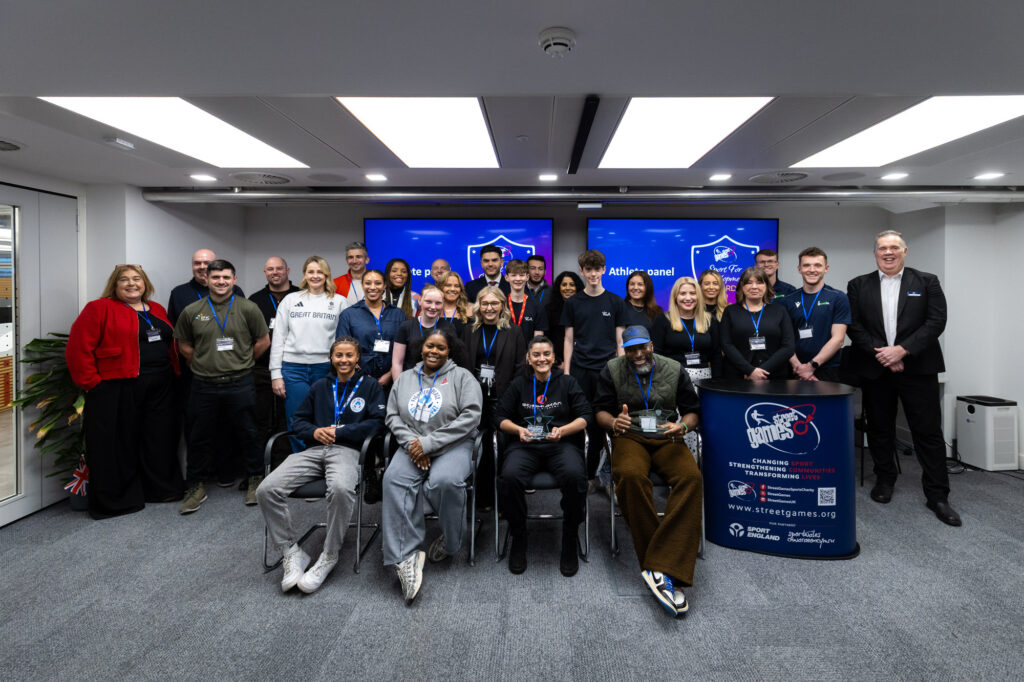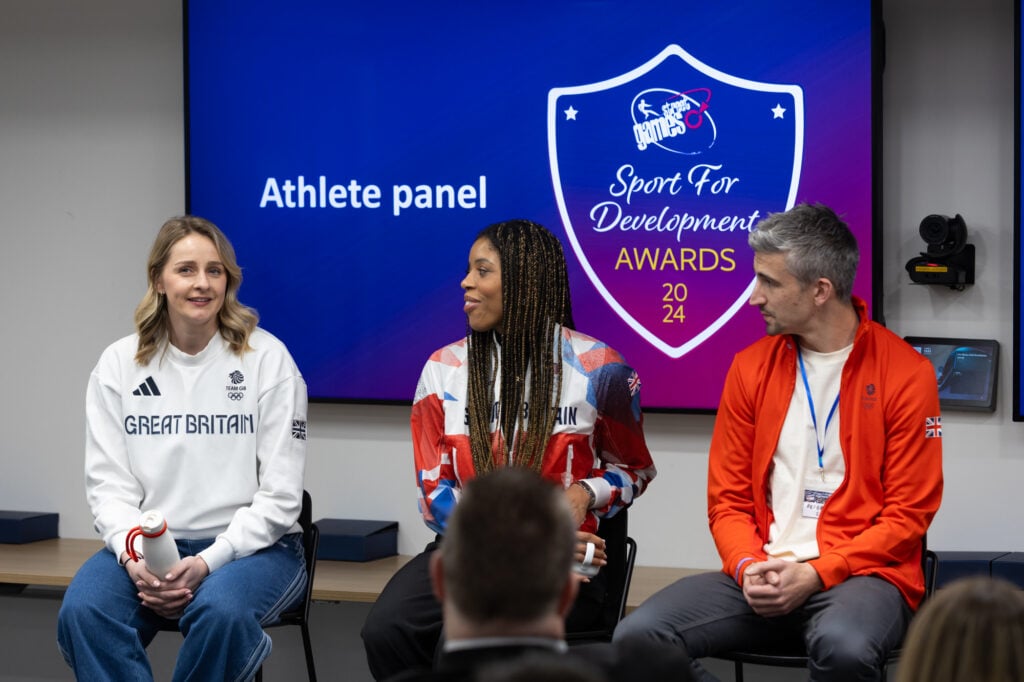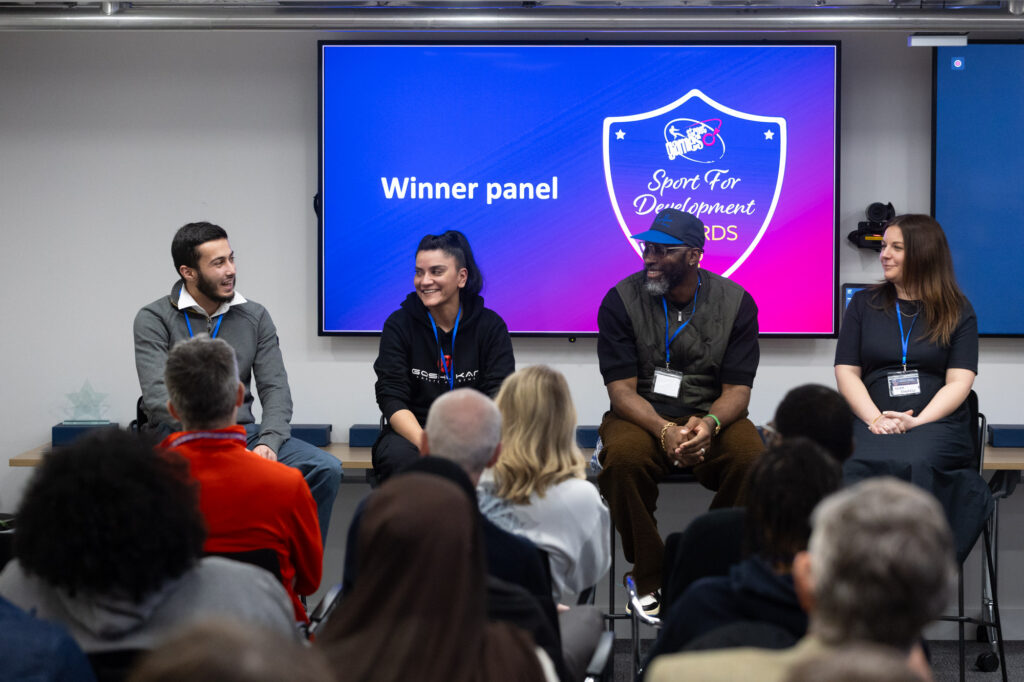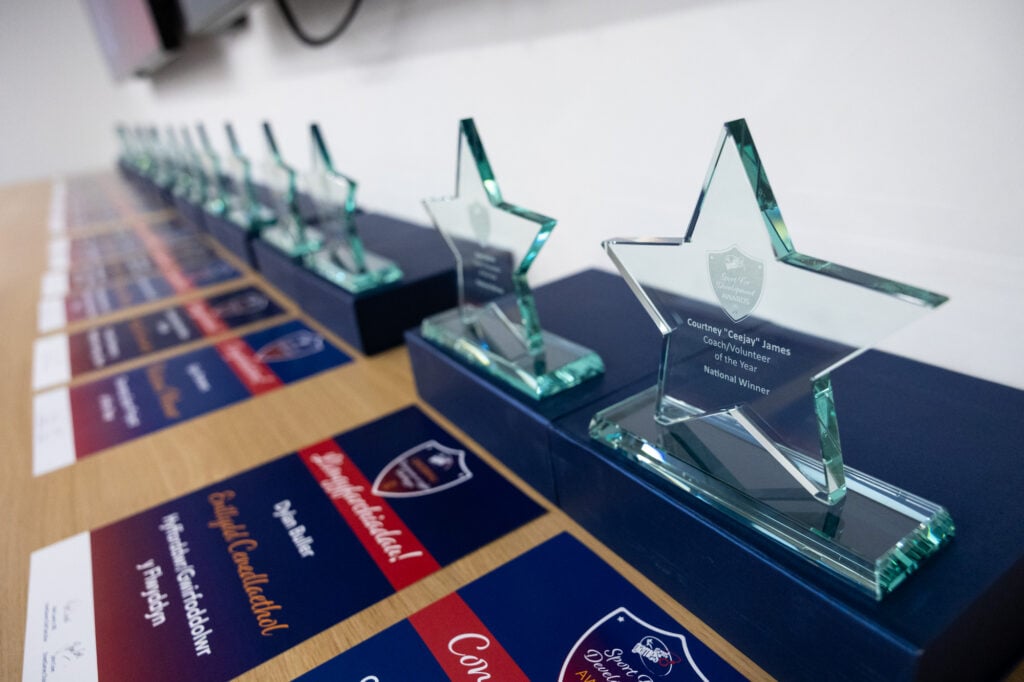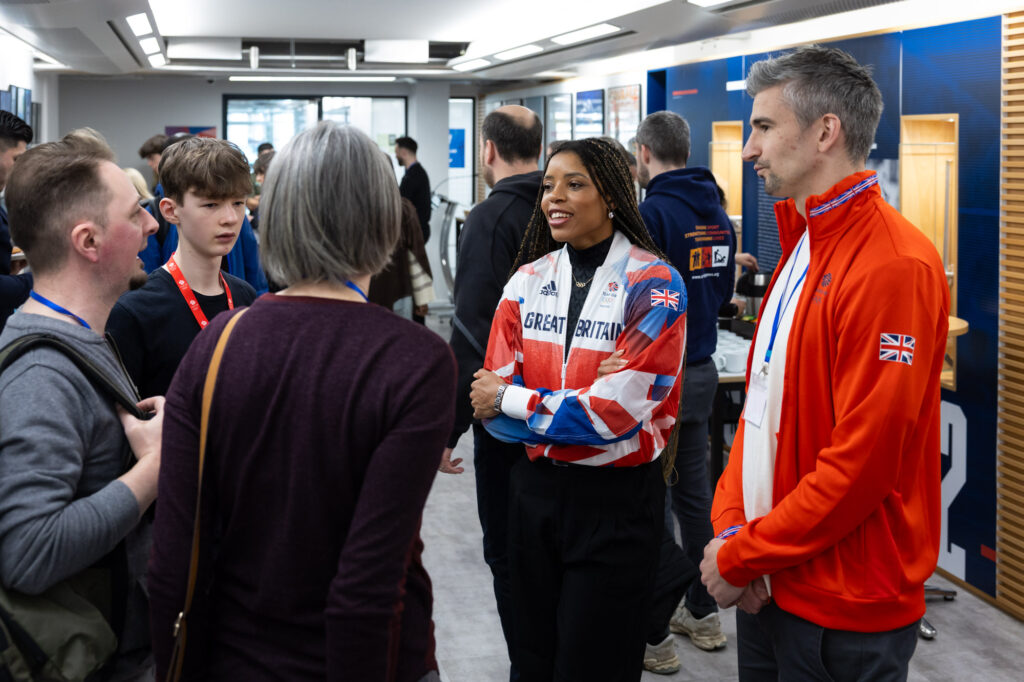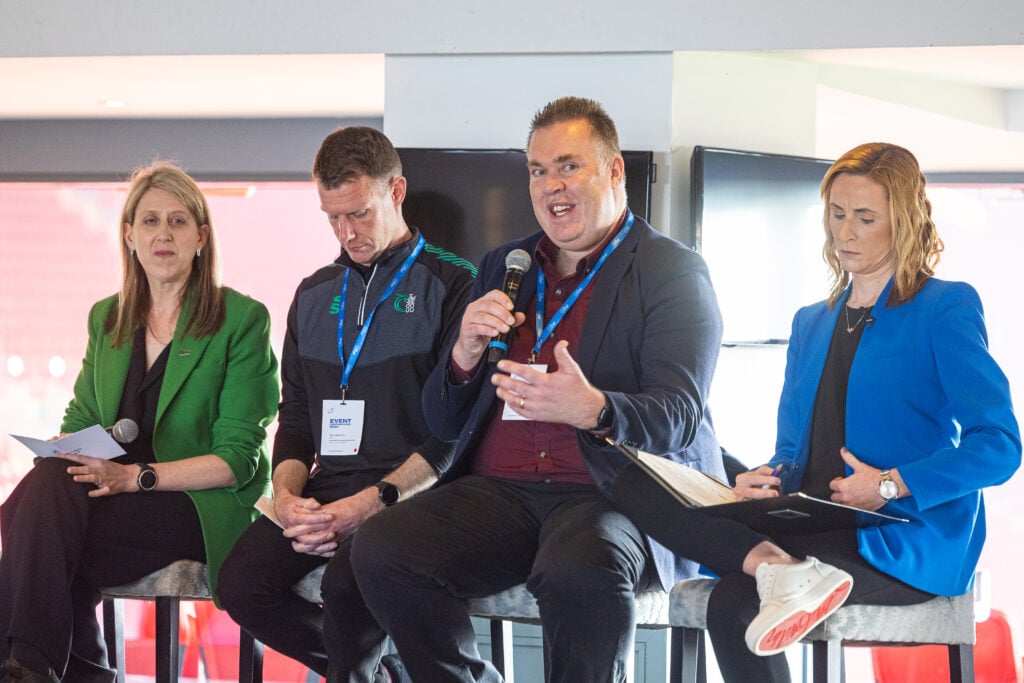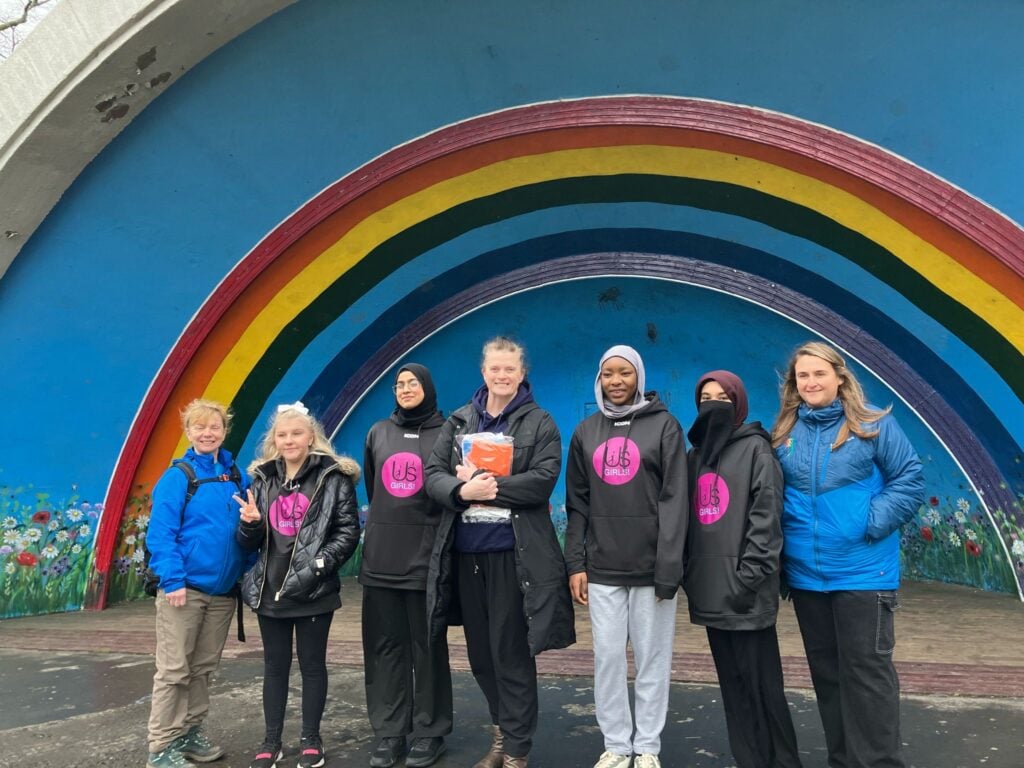StreetGames is proud to join forces with Matchroom Boxing as the latest Matchroom in the Community partner, kicking off an exciting fight week with one of Manchester’s biggest grassroots boxing events.
More than 200 local children and young people were invited to a special community boxing celebration at Co-op Live, the state-of-the-art arena that will host Jack Catterall’s WBO Interim World Super Lightweight Championship clash with Arnold Barboza Jr. this Saturday.
As a charity dedicated to connecting young people from low-income, underserved communities with access to sport, StreetGames will use this partnership to bring boxing to thousands more young people across the country, supported by a significant donation from the Matchroom Charitable Foundation through its StreetGames Inspiration Campaign.
A Three-Year Commitment to Expanding Access to Boxing
This long-term partnership will open doors for young people to participate at the grassroots level while also bridging the gap to the elite side of the sport. The initiative will:
- Inspire young people to take up boxing.
- Expand access to participation, spectating, and volunteering.
- Help young people develop skills, confidence, and career opportunities.
- Strengthen the partnership between StreetGames and Matchroom Boxing for lasting impact.
Over the next three years, StreetGames will support community organisations within its network by providing training, equipment, and funding to help deliver regular boxing sessions, taster events, and informal activities. Young people will also have the opportunity to attend major boxing events and experiences, giving them access to a sport that is often out of reach.
Additionally, the programme will provide volunteering and work experience opportunities, helping young people develop essential skills both in and out of the ring. By combining StreetGames’ expertise in community sport with Matchroom Boxing’s platform, this collaboration will make boxing more accessible than ever before.
A Spectacular Launch in Manchester
The partnership launched in style on Monday night, as hundreds of young people aged 10-16 from across Manchester took part in a special boxing taster session. The event showcased fun and innovative ways to introduce boxing, ensuring that young people of all backgrounds feel welcome in the sport.
Some of the fighters from the upcoming Catterall vs. Barboza Jr. blockbuster fight night, including Zelfa Barrett, William Crolla, and Conner Tudsbury, were on hand to help guide and inspire the young participants. Chris Webb, Member of Parliament for Blackpool South, also attended to show his support and share words of encouragement with the young people in attendance.
Through this partnership, StreetGames and Matchroom Boxing are working together to create life-changing opportunities for young people, ensuring they have access to boxing, whether as participants, spectators, or future industry professionals.
Matchroom Sport chairman Eddie Hearn said: “This partnership isn’t just about participation. it’s about inspiring young people by bringing them to major events and offering work experience within the industry. Through the Matchroom Charitable Foundation, we’re making a significant investment in StreetGames because we believe in their mission to take sport into communities that need it most.”
StreetGames CEO Mark Lawrie said: “Through our partnership with Matchroom, we are bringing real, mainstream sports like boxing into communities where young people often can’t access them. While some may go on to become future stars, the most important thing is that they now have the same opportunities as others—opportunities that could be life-changing.”
Alex Le Guével, Matchroom’s Head of Community Development, added: “We’ve been working with StreetGames for some time, supporting young people from low-income communities across three key areas. This initiative ensures that youngsters have access to the sport in trusted local spaces, empowering them with the confidence, discipline and opportunity to be the best they can be. It’s exciting to introduce more young people to the benefits of the sport.”
